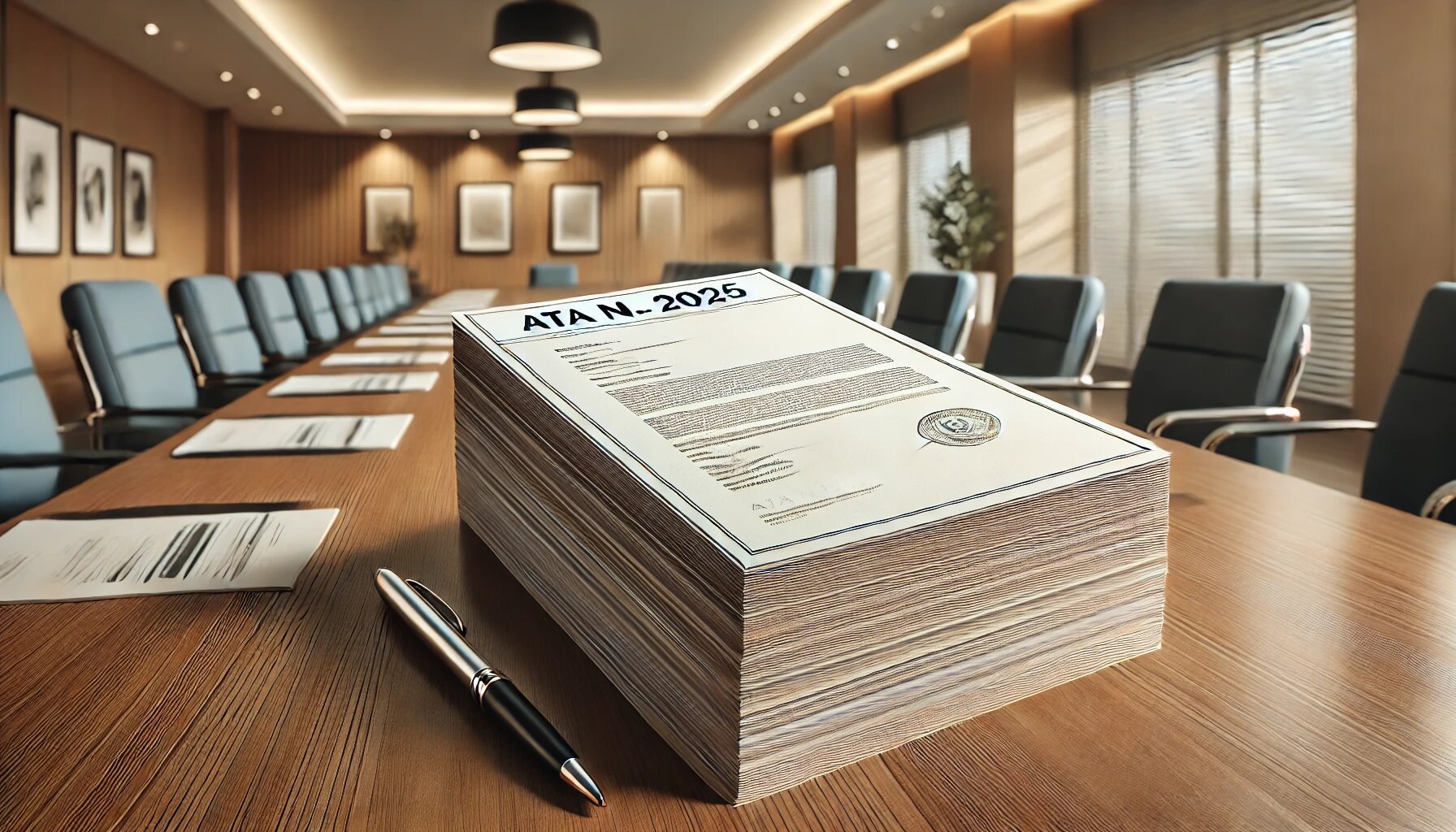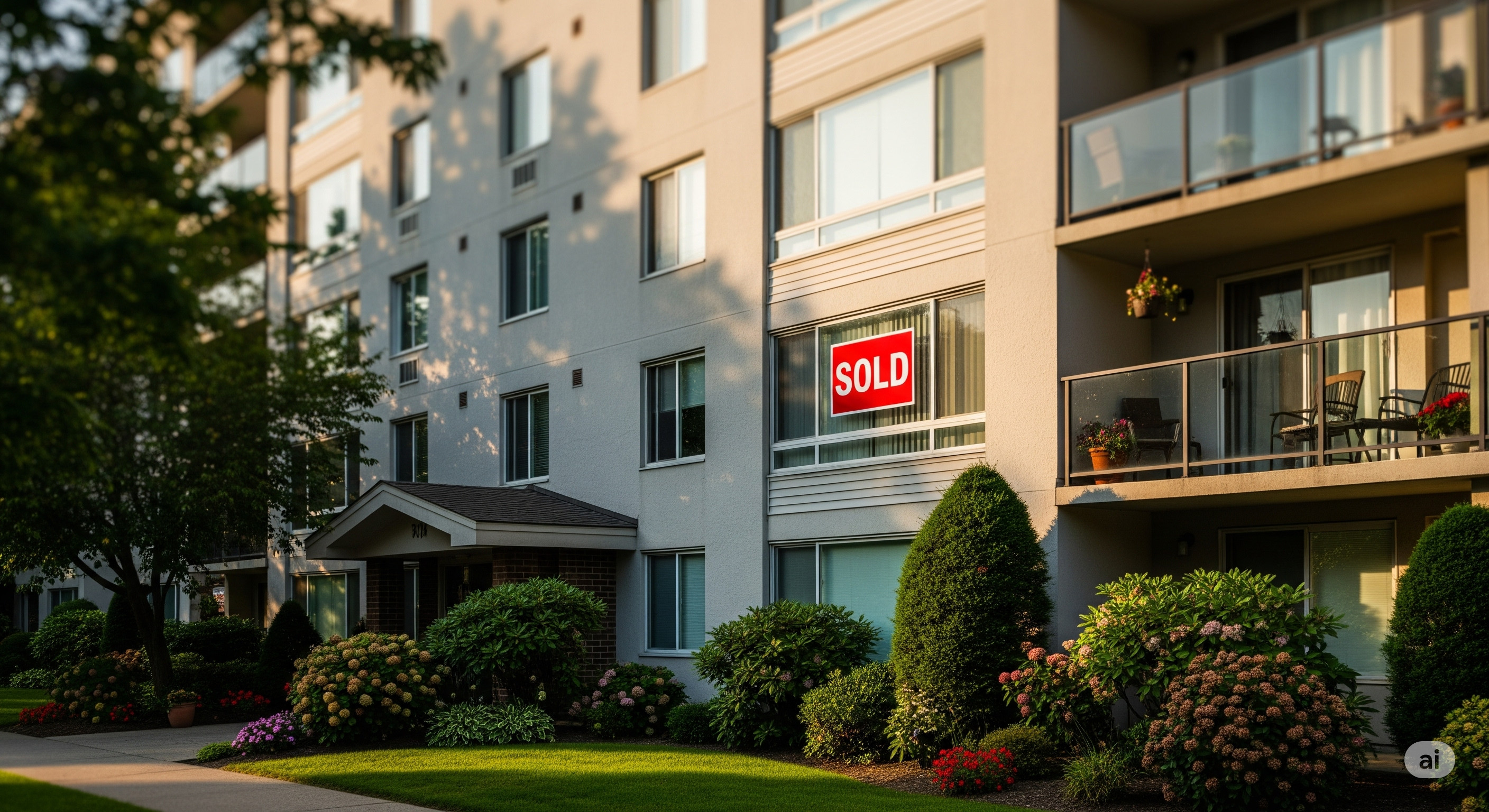Minutes of Condominium Meetings: Rules, Importance, and Practical Example
Minutes of condominium meetings are essential documents for recording decisions, resolutions, and discussions held during residents' assemblies. Required by law, they ensure transparency and can serve as evidence in potential disputes. In this article, we explain the main rules for drafting minutes, their importance, and present a practical example.
1. What Does the Law Say About Condominium Minutes?
According to the Portuguese Civil Code, specifically Article 1432, minutes must be drafted after each residents' meeting and include:
- The date and location of the meeting;
- The topics discussed and decisions made;
- The votes cast by each resident;
- The number of units represented and the total voting value.
The minutes must be signed by the meeting chairperson and stored in a dedicated minutes book accessible to all residents.
2. Importance of Minutes
Minutes play a critical role in condominium management:
- Transparency: Ensure that all residents are informed about the decisions made.
- Legal Value: Can be used as evidence in legal or administrative disputes.
- Historical Record: Serve as an official record of resolutions, useful for future reference.
3. Practical Rules for Drafting Minutes
To ensure the minutes are valid and effective, follow these guidelines:
- Use clear and concise language;
- Record only what was discussed and decided, avoiding personal opinions;
- Include mandatory details such as the list of attendees and meeting quorum;
- Ensure the minutes are signed by the meeting chairperson and, if possible, other board members.
4. Rules About Minutes Numbering
The numbering of minutes is an essential practice for the organization and validation of condominium documentation, even though it is not directly regulated by the Portuguese Civil Code. However, following best practices is indispensable to maintain coherence and facilitate future reference. Here are some recommendations:
- Sequential Numbering: Minutes should be numbered continuously, without restarting the numbering each year or with a new minutes book.
- Chronological Identification: Including the year in the numbering is recommended, for example, Minutes No. 12/2025, to facilitate identification and filing.
- Uniformity: Numbering should be consistent across all minutes books, ensuring no duplicates or gaps in the sequence.
Correct numbering is crucial to avoid ambiguities and ensure that the meeting history is clear and accessible to all residents. If in doubt, consult a condominium management specialist or a lawyer.
5. Example of Condominium Meeting Minutes
Below is a practical example of minutes that can be used as a reference:
Minutes No. 12/2025 Date: January 15, 2025 Location: Meeting Room of the “Vista Alegre” Building, Main Street, No. 45, Lisbon Start Time: 6:00 PM Chairperson: John Silva Secretary: Ana Santos 1. Agenda: 1.1. Presentation and approval of the 2025 budget; 1.2. Resolution on facade repair works; 1.3. Review of the cleaning company contract. 2. Resolutions: 2.1. The 2025 budget was approved unanimously, with 12 units represented, totaling 100% of votes; 2.2. The facade repair works were approved by majority vote, with 10 votes in favor, 1 against, and 1 abstention; 2.3. The review of the cleaning company contract was unanimously approved, with a recommendation for renegotiating the price. 3. Adjournment: With no further business to discuss, the meeting was adjourned at 7:30 PM. Signatures: Chairperson: ___________________________ Secretary: ___________________________
6. How to File and Share Minutes
Once written and signed, the minutes should be archived in the condominium’s minutes book. It is recommended to provide a copy to all residents, either physically or digitally, ensuring access to the information.
7. Conclusion
Minutes are key to efficient condominium management, ensuring legality, transparency, and organization. Following legal rules and recommended practices ensures the condominium functions harmoniously and decisions are properly recorded. For more information, consult the Portuguese Civil Code or seek assistance from a professional specialized in condominium management.

